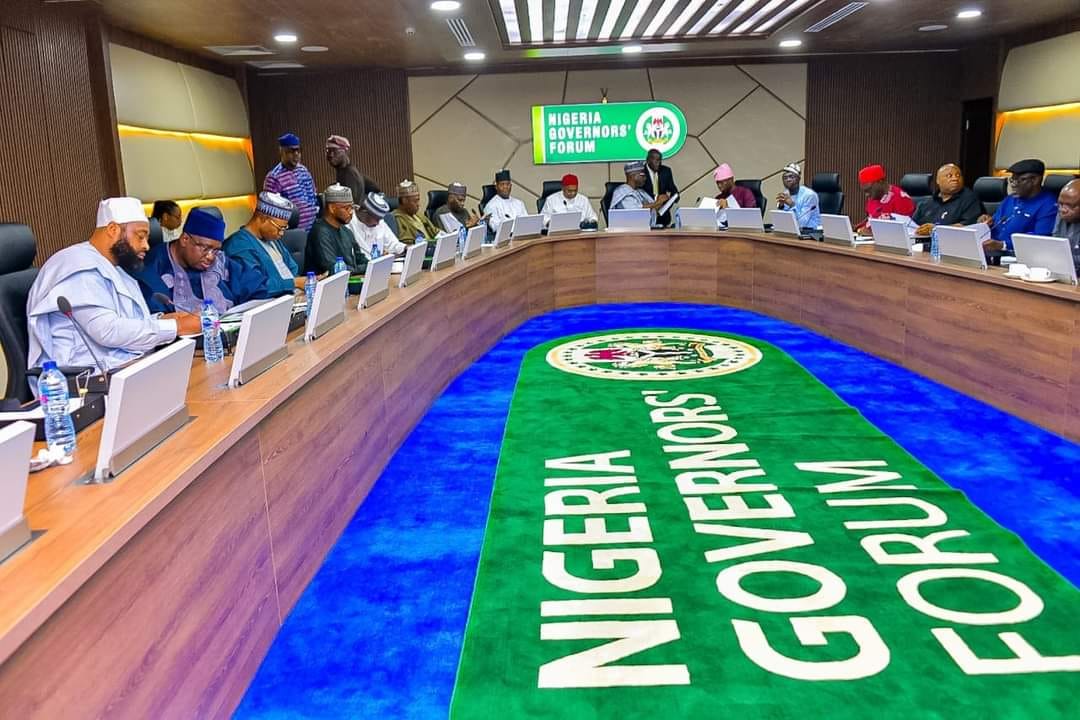Through awareness, outreach, and collaboration, GamblePause is proving that stigma should never stand in the way of seeking help, writes Iyke Bede
“A lot of people believe that gambling is irresponsible and that gambling addicts are the worst of them all,” recalled Founder of GamblePause, Ladipo Adiose. His remark captured a perception long echoed in conversations around gambling. In just a few words, he highlighted the stigma faced by people struggling with gambling addiction in Nigeria.
GamblePause, designed to promote responsible gambling and prevent underage gambling, also functions as a rehabilitation centre for problem gamblers. It is the latest physical extension of the services the company has offered digitally for the past year, aimed at ensuring the sector’s sustainability.
“Seventy per cent of the clients we are currently treating for problem gambling started when they were young. Your brain starts moving differently. You get hooked on quick returns,” said Adiose. “When you start gambling at that stage of your life, there’s a part of your brain that activates. The dopamine level your brain distributes is a lot.”
At a young age, gambling habits interfere with the brain’s reward system, shaping it around instant gratification instead of healthy growth. That distortion, he explained, is why underage gambling becomes such a silent trap, emphasising early detection and awareness to stop the scourge in its tracks.
According to a recent WHO report, people who gamble at harmful levels generate approximately 60 per cent of industry losses, and net consumer losses are projected to approach $700 billion by 2028. Only about 0.14% of adults seek formal or informal help for a current gambling problem. The study also highlighted mental illness, suicide risk, family violence, financial distress, child neglect, crime, and money laundering as direct and indirect harm tied to problem gambling. The evidence makes clear that without stronger prevention and support systems, millions will continue to fall through the cracks.
“We’re able to let people understand the concept of gaming, which is gambling based on fun and entertainment,” he said, outlining a basic step toward demystifying gambling as a source of livelihood. “When you start seeing it as that, you will understand that it is not a business model.”
Adiose understands the role religion and culture play in building a sane, progressive society, but also why ardent followers may struggle to accept the struggles of problem gamblers, often reinforcing stigma and deepening isolation.
“They frown at it, especially in Islam, where it is forbidden to indulge in gambling activities, while Christian groups see it as a sinful vice. We believe that has made it difficult for people to open up about their problems. You can’t even speak to people you see as religious leaders, since you fear being judged. It’s been a real setback in that space,” Adiose added.
Reasons like these have become the driving force behind GamblePause’s approach of doubling down on digital platforms and outreach programs, making help more accessible for problem and underage gamblers—an effort they describe as “a mind shift and a social re-engineering”.
Adiose added, “Before they even lie, they start borrowing money. Then they begin giving excuses, because people will ask, ‘Why are you borrowing from five or six people? What’s the problem?’ And you can’t tell anyone you’re gambling.
“We need to start having those conversations. That way, people will feel more comfortable talking about their problems. If we keep making the players, the clients, the victims feel they can’t open up—or if we keep stigmatizing their problems—we’ll end up with many people unwilling to speak out. That silence could lead to suicide and other harms, affecting families and society as a whole.”
Through education, society can learn to recognise the early signs of problem gambling and guide both problem and underage gamblers toward help, reducing its prevalence and giving victims a second chance at life. He noted that this is not a fight GamblePause can fight alone.
By collaborating with peer organisations, regulators, operators, and well-meaning individuals, all parties can contribute to creating a safer environment for stakeholders and promoting the long-term sustainability of the gaming industry.


